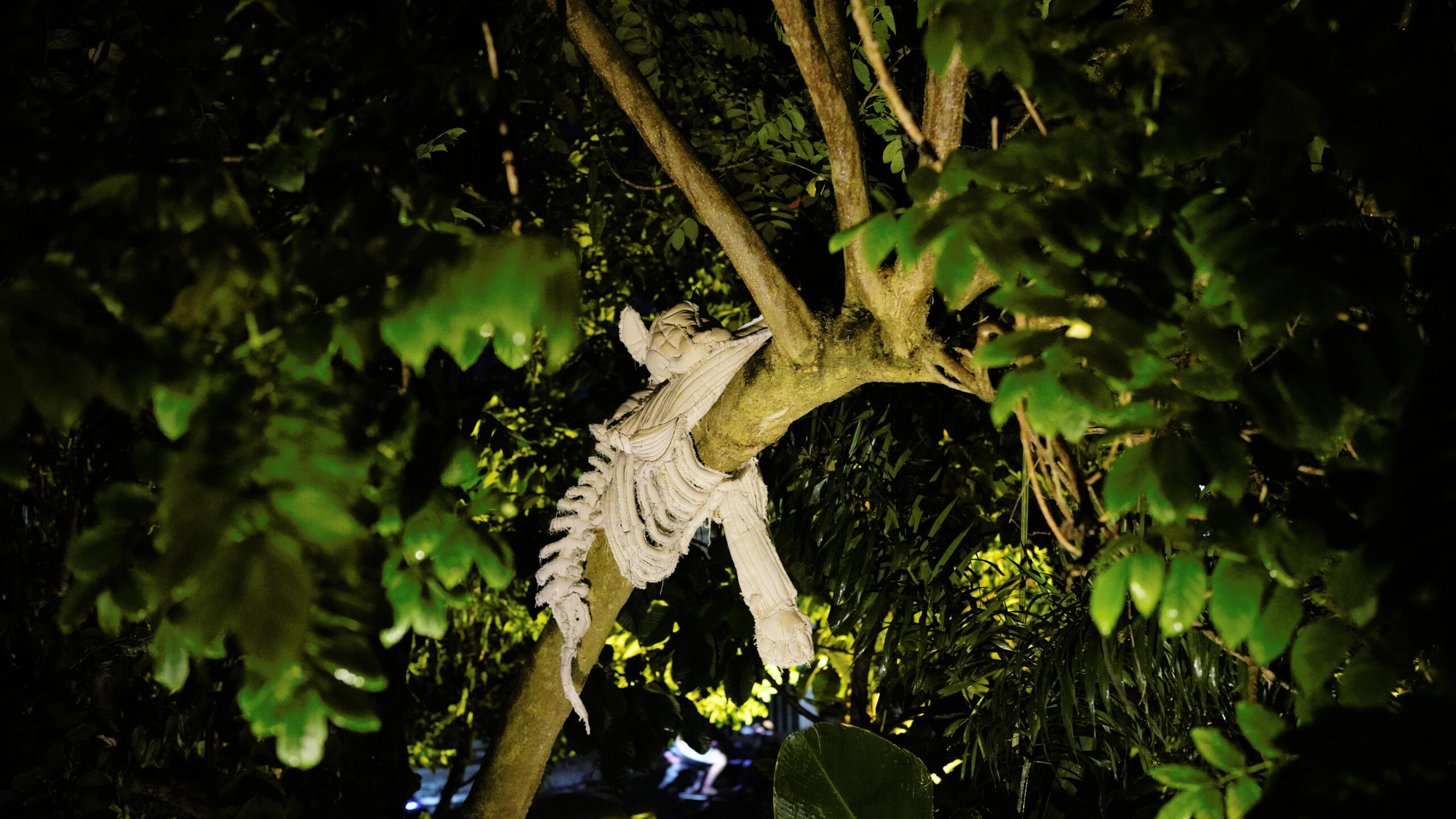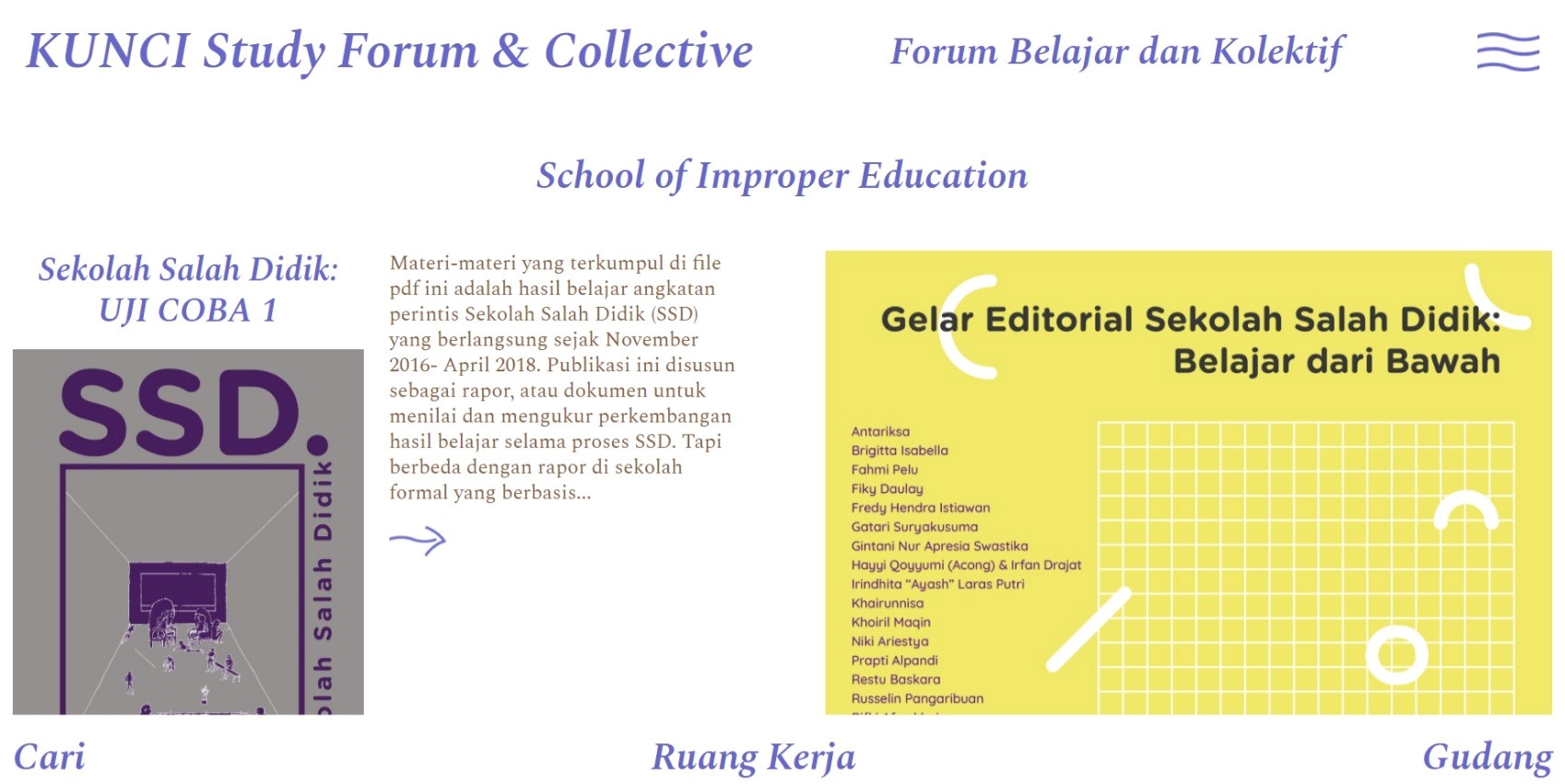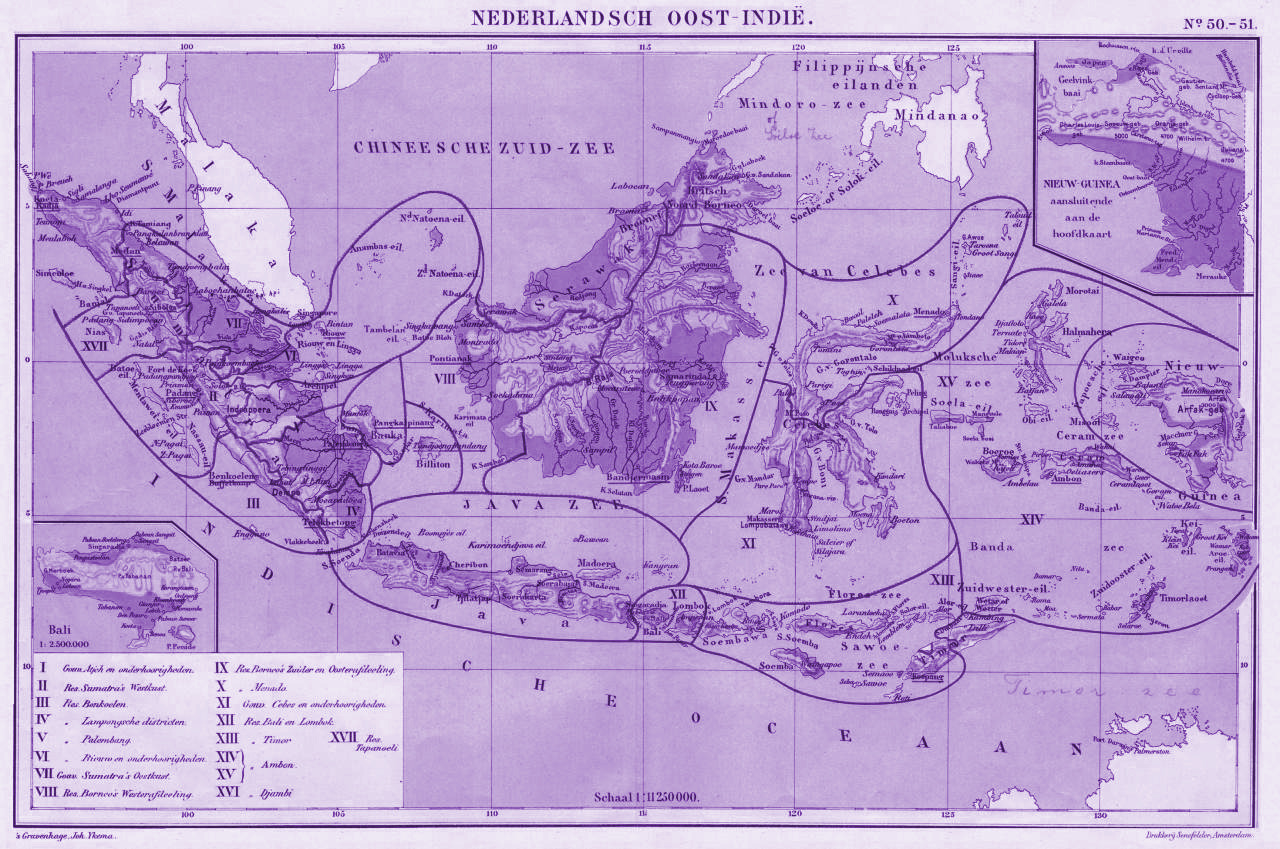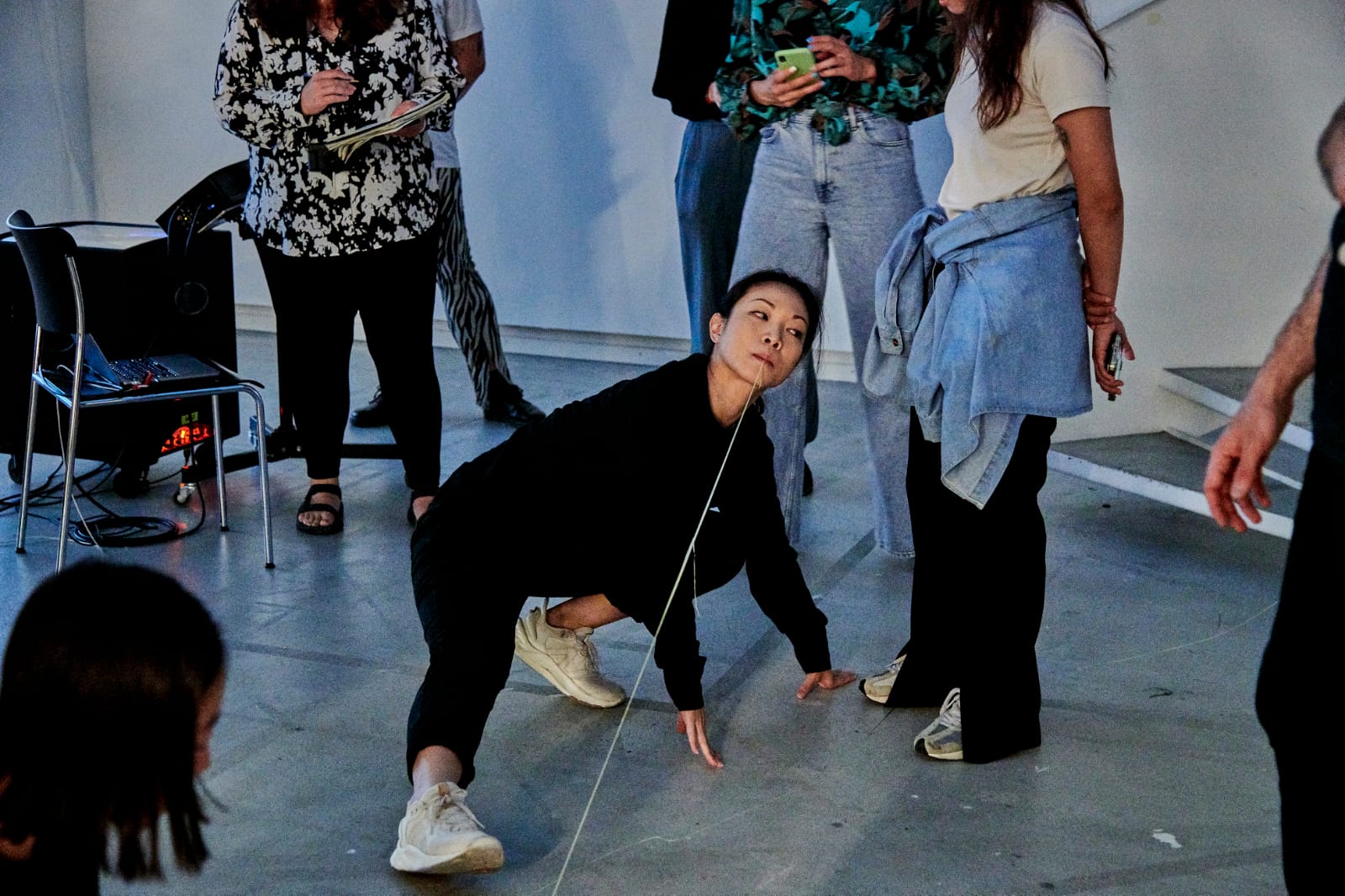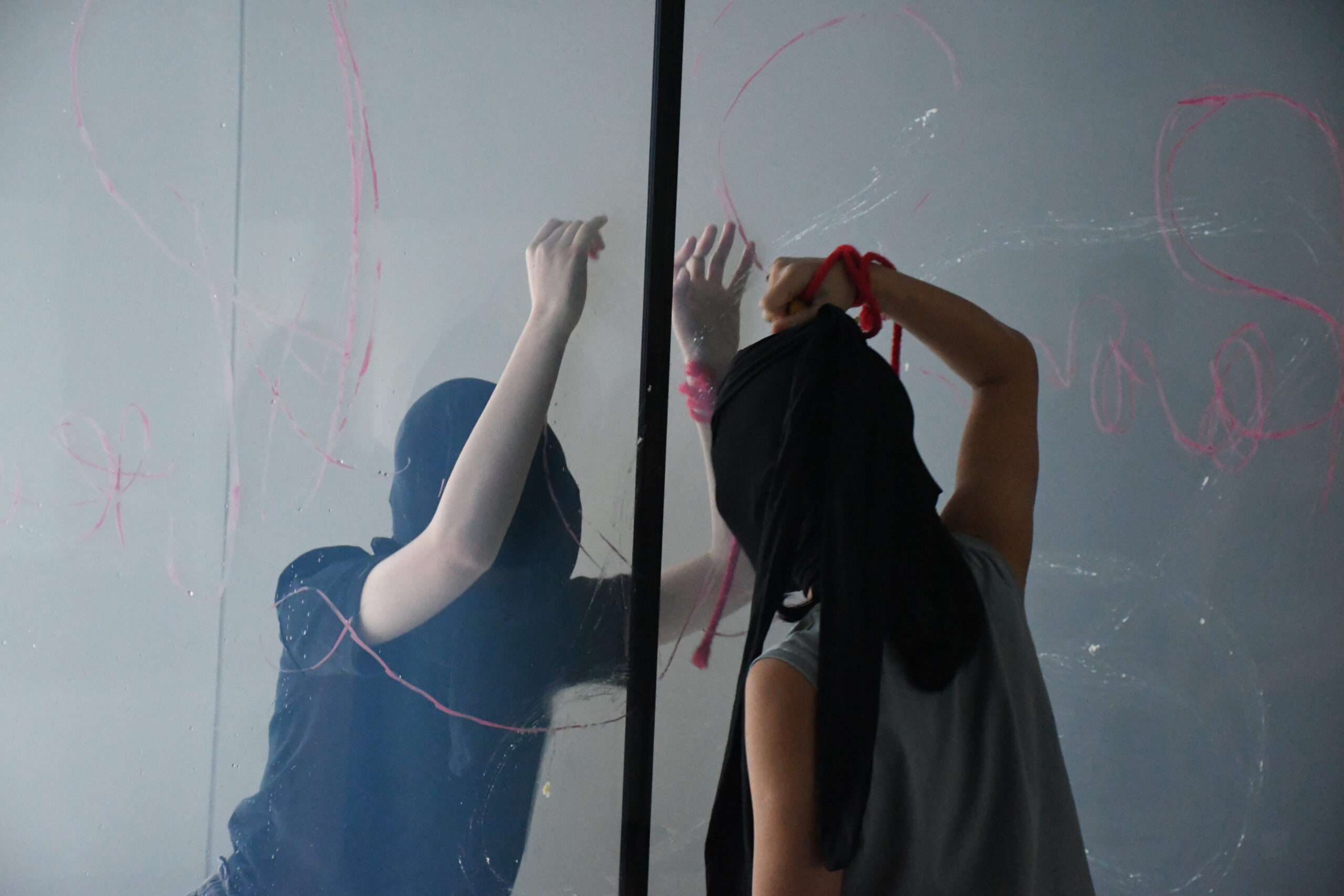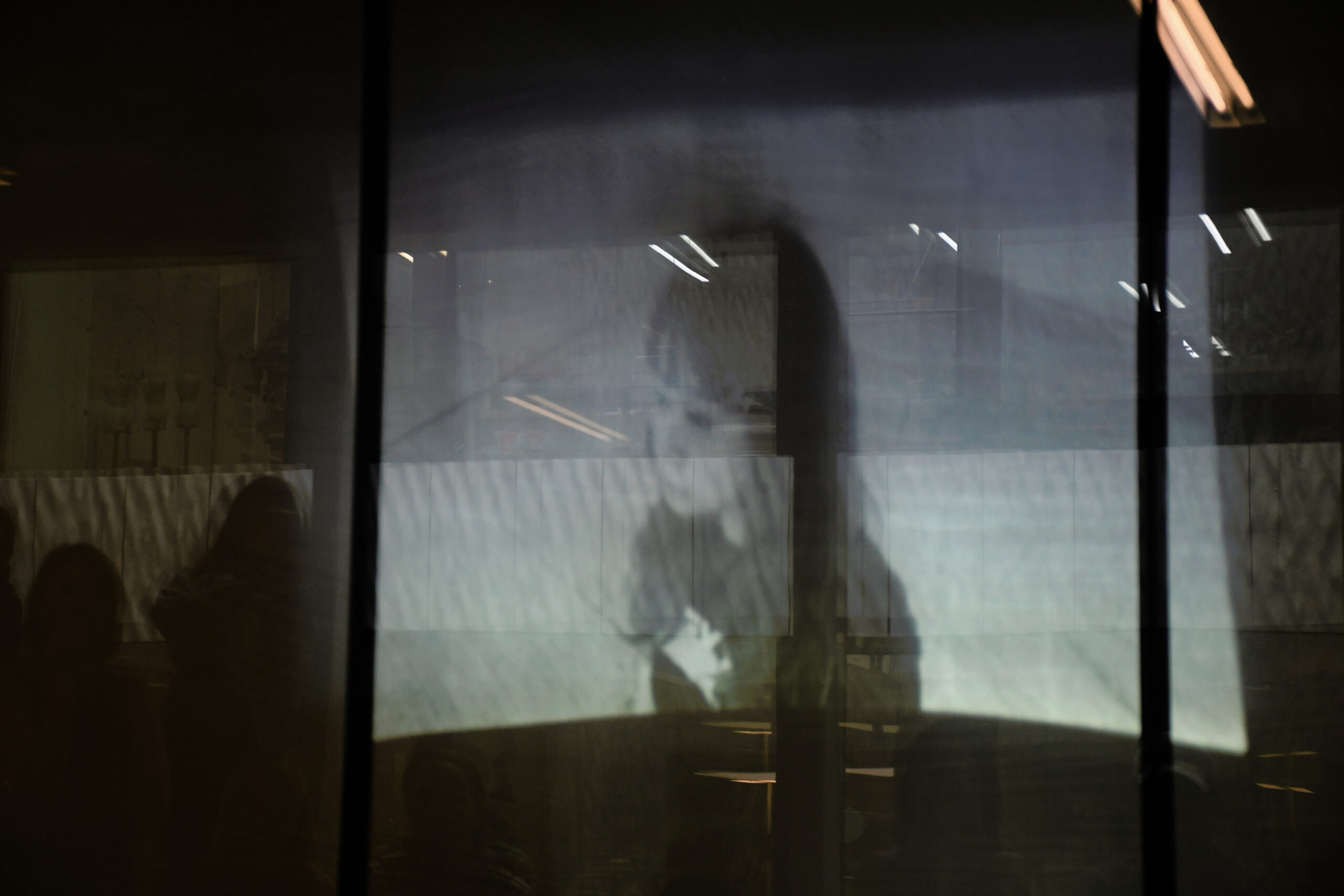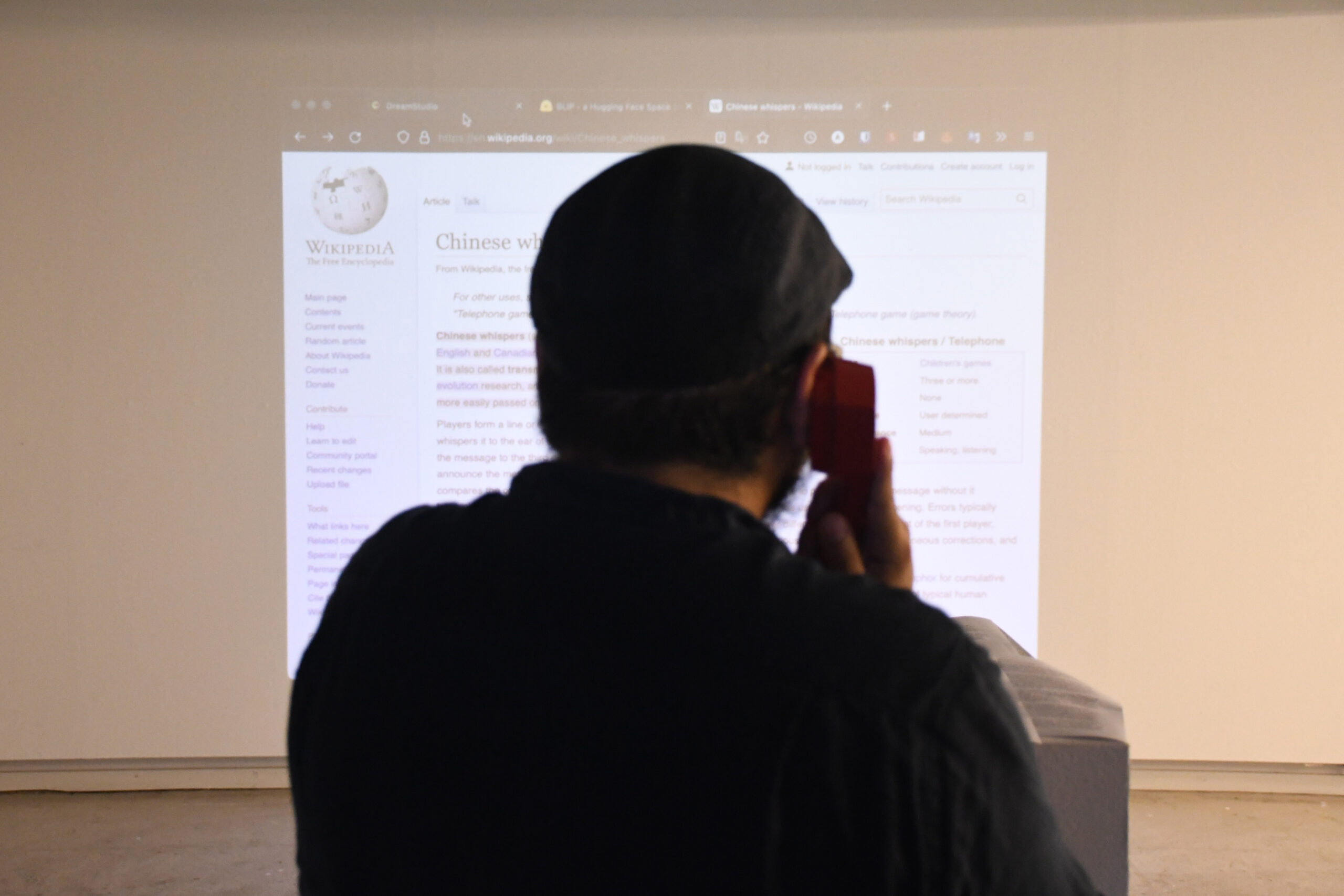People 2023
PARTICIPANTS We are happy to present you the Transcultural Collaboration participants of 2023, connecting students from eight countries and several different Art Schools. To give you a chance to get to know the participants better, we asked them to talk to us about their motivations, their passion for collaboration, their concerns regarding their artistic practice and about what makes them feel safe. When do you feel safe to create?HO Tsz Long Lucy: My work aesthetic is based on doing something meaningless in response to the Nobodies in society. Nobody who is always being ignored by society. At the same time those Nobodies make up a crucial part of society, they contribute the most but stay invisible, without their contributions being properly acknowledged and valued. Through my meaningless actions I try to raise awareness for Nobody, communicating that their effort is important and valuable to me. Trying to make them feel loved. What motivates you for your work?SAHA Aparupa: What motivates me to work is to find a space for myself in which I can connect …




